Investing in Curiosity-Driven Research
At the David and Lucile Packard Foundation, we believe that ideas grounded in science and research have real potential to create long-lasting change. Our founders deeply valued science, and objective, independent research underpins our decision-making across the Foundation.
By its very nature, science informs more science, and discoveries mount over time. The way science builds on itself means that people across the globe can enhance our understanding of the world around us and develop new technologies that improve our lives. At the Packard Foundation, we believe that every sector of society—from government institutions, to private companies, to nonprofit organizations—can play a vital role in driving forward this great march of learning and discovery.
We recognize that no two sectors can play the same role, and that each has its own strengths and purposes. We take to heart our responsibility to contribute to the world’s body of scientific knowledge. This is why we support grantees like our Packard Fellows in carrying out research to inform evidence-based solutions to the complex problems facing our world today. We view our efforts as one small piece in the mosaic of support that is building the beautiful picture of our scientific universe piece by piece.
Over the years, Packard Fellows have told us that several factors make our approach to funding scientific and engineering research unique. You can read about the importance of these and other factors in the Fellows’ own words by exploring our Journey through Scientific Discovery, but here are a few examples of the unique ways we believe our program continues to drive science forward.
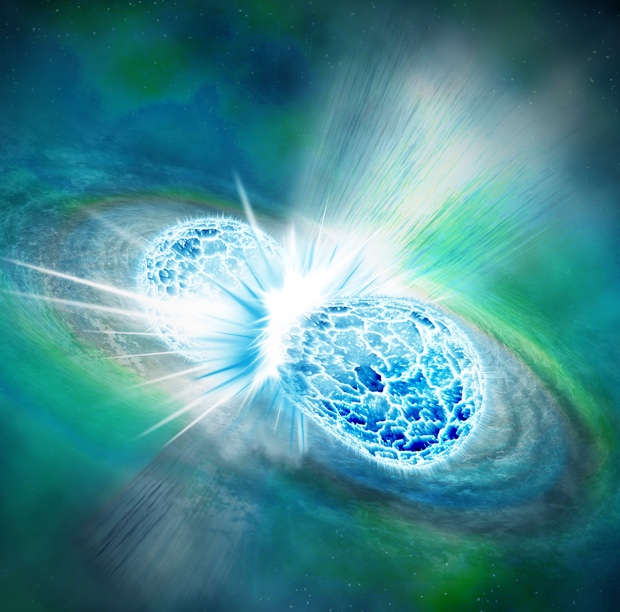
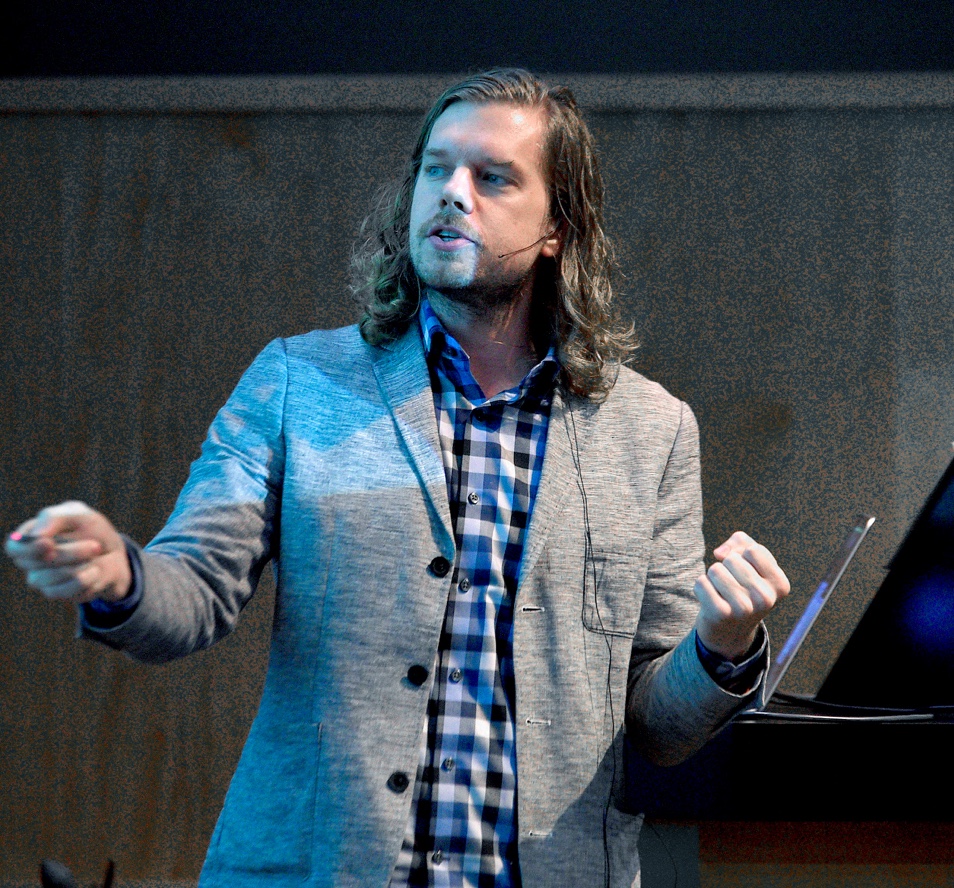
Pushing Boundaries Leads to Life-Changing Discoveries
Each year, the Fellowship Advisory Panel looks for the most cutting-edge, blue-sky-thinking scientists the country has to offer. We select researchers who are exploring questions at the very edges of their fields because taking a chance on new thinking can lead to life-changing discoveries. Our Fellows have discovered scientific breakthroughs including CRISPR gene-editing technology that will affect how we tackle diseases and even pass on our genes. They have uncovered how Ebola works in ways that help improve our public health response to outbreaks. They have captured an image of the collision of a neutron star that proves Albert Einstein’s theories about how the universe works. Our Fellows have even contributed to entirely new fields of scientific study and been awarded the Nobel Prize. Click here for more research breakthroughs and discoveries led by Packard Fellows.
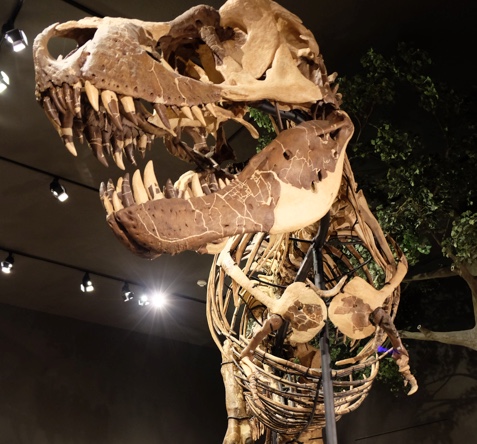
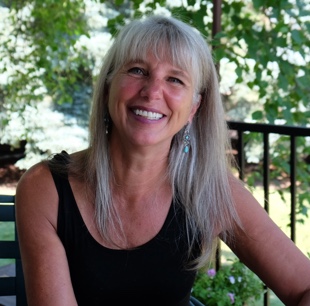
Flexibility Encourages Creativity
We offer maximum flexibility to our Fellows, allowing them to use the $875,000 over the course of their five-year fellowship as they see fit, recognizing that some expenditures may be difficult to justify to other funders, but are nonetheless crucial to the scientists’ and engineers’ work. Our Fellows have used the funding for everything from lab equipment, to child care, to lizard racetracks, to a massive Four Wheel Drive vehicle to use to track down and study massive carnivores. They tell us that this unparalleled flexibility allows them and their students to truly get curious and pursue paths of research that would otherwise be blocked off by other restrictive funding.
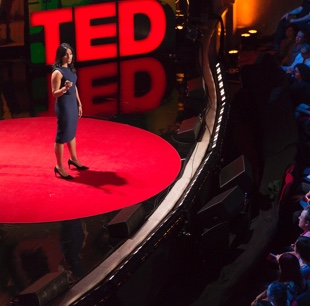
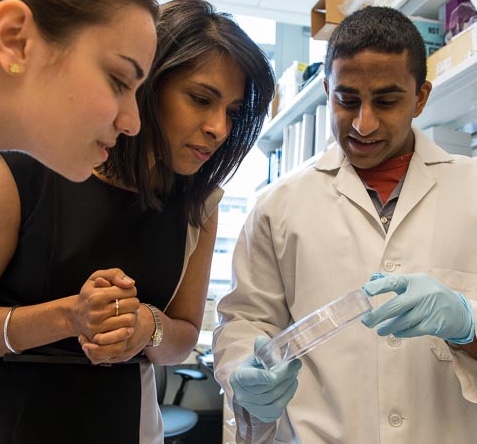
Decades of Fellows Strengthen and Expand the Scientific Community.
With nearly 600 Fellows, our program has grown into a vast network of scientists and engineers. Our annual meetings and reunions have offered Fellows the chance to learn about and challenge each other’s research, and to kick around ideas that have led to lasting collaborations. Our Fellows have mentored one another, worked in the same labs, and learned from each other’s cutting-edge research across a range of disciplines. But they have also extended their network of support to the broader scientific community, with some Fellows creating programs to encourage cultural diversity in science, and others reaching to the next generation—including by bringing telescopes to rural areas to get kids interested in astronomy who otherwise wouldn’t have the opportunity to interact with scientists.
Click here to learn more about the Packard Fellowship for Science and Engineering.